The official novelization of the highly anticipated video game “God of War” fails to capture the essence and depth of its source material. While the game itself has been praised for its innovative reimagining of the series, the novelization falls short in delivering a compelling narrative that stands on its own merits.
One of the most glaring issues with this novelization is its inability to translate the visceral and engaging combat that defines the “God of War” franchise. The author struggles to convey the intensity and satisfying nature of the game’s battles through the written word. The descriptions of Kratos’ encounters with Norse gods and monsters lack the visual impact and adrenaline-pumping excitement that players experience firsthand. As a result, the combat sequences feel flat and uninspired, failing to capture the essence of what makes the game so captivating.
Furthermore, the novelization’s pacing is inconsistent and often fails to maintain the breathtaking scale that the game is known for. The author’s attempts to describe the vast and unforgiving world of Norse mythology fall short, lacking the immersive details and atmospheric elements that make the game’s setting so captivating. The sense of awe and wonder that players feel as they explore the realm is lost in the translation to the written page, resulting in a world that feels two-dimensional and lacking in depth.
The narrative itself, which is touted as a powerful aspect of the game, is disappointingly weak in the novelization. The complex relationship between Kratos and his son, a central theme in the game, is not fully explored or developed. The emotional weight and character growth that players witness throughout the game are reduced to superficial interactions and shallow character arcs in the novel. The author fails to delve into the psychological depths of Kratos’ past and his struggles as a father, resulting in a narrative that lacks the emotional resonance and impact of its source material.
Moreover, the writing style itself is lackluster and fails to engage the reader. The prose is often clunky and lacks the finesse and descriptive power necessary to bring the world and characters to life. The dialogue feels stilted and unnatural, failing to capture the nuances and personalities of the characters as portrayed in the game. The overall quality of the writing does not match the caliber of storytelling that fans of the series have come to expect.
In conclusion, the official novelization of “God of War” is a disappointing adaptation that fails to do justice to the acclaimed video game. The author’s inability to effectively translate the game’s satisfying combat, breathtaking scale, and powerful narrative into the written word results in a lackluster reading experience. Fans of the series may find themselves frustrated by the novel’s shallow characterizations, inconsistent pacing, and overall lack of depth. While the game itself is a masterful reimagining of the franchise, the novelization falls short in capturing its essence and delivering a compelling standalone story. Those seeking to fully immerse themselves in the world of “God of War” may be better served by experiencing the game firsthand rather than relying on this subpar adaptation.
 Skip to content
Skip to content
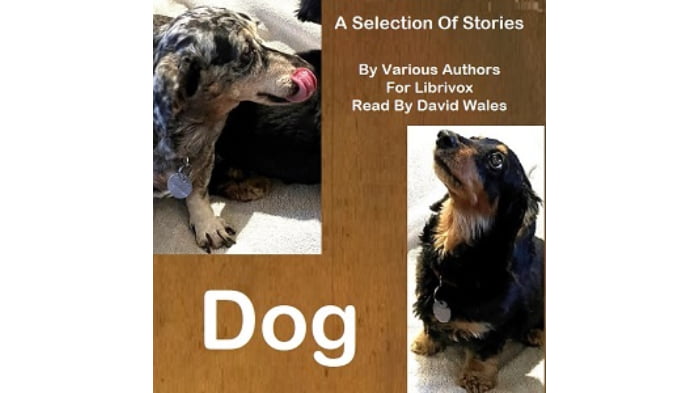
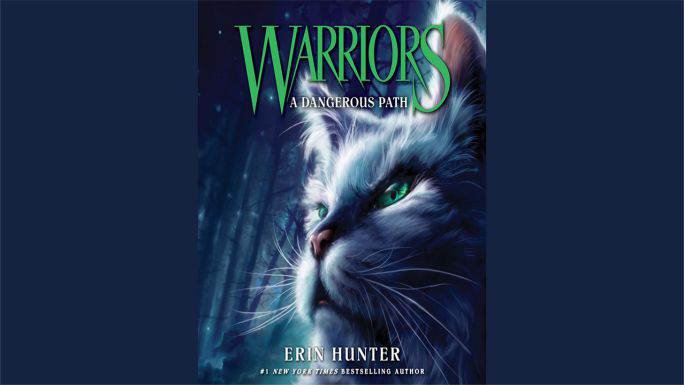
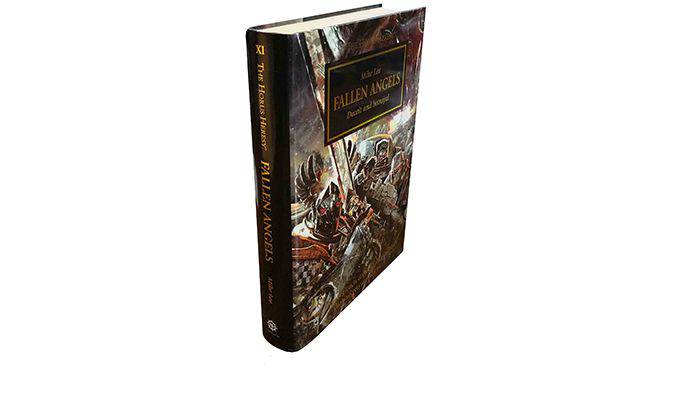
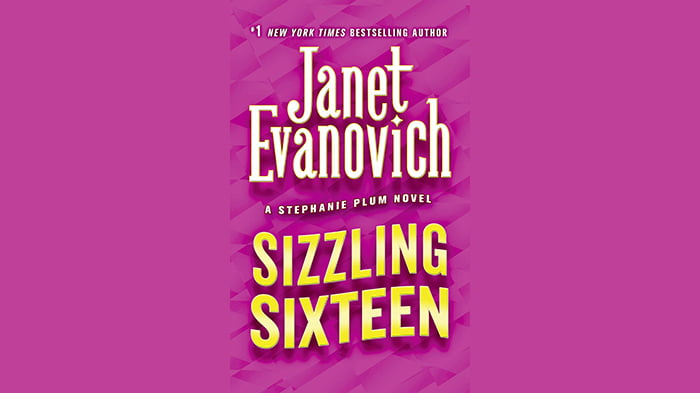

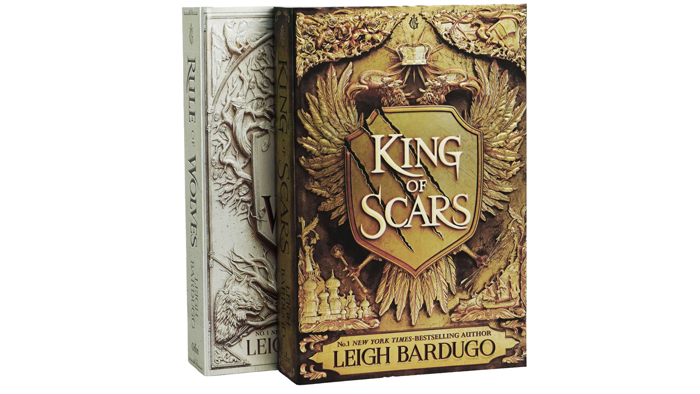
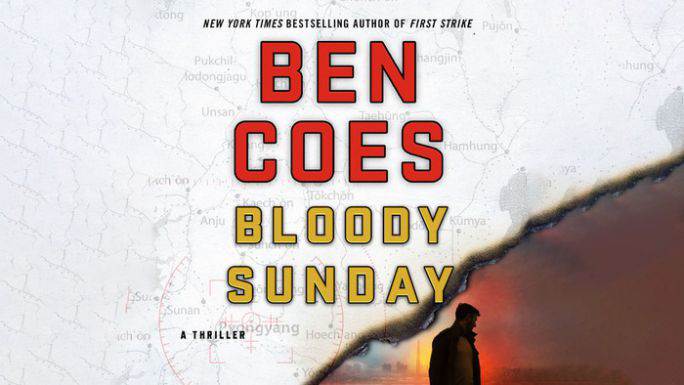



Yet another failed upload… yay!